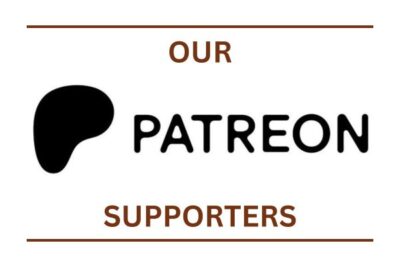The chancellor can announce three critical policies when he presents the Budget to provide support for businesses and generate investment, say hospitality groups.

Figures from the Hospitality Market Monitor, by CGA by NIQ and AlixPartners, reveal the intense pressures being faced by hospitality businesses, as they contend with a cost of doing business crisis.
The key asks are:
A 3% cap on business rate increases
The proposed 6.7% increase to business rates for up to 20,000 hospitality businesses will push yet more of them to failure. For those that survive, it will simply divert spending earmarked for investment into the higher rates payments.
Temporary changes to employer National Insurance contributions
A cut in the lower rate of employer contributions to 10% and increasing the threshold at which contributions are made by the employer will help businesses manage the increase in the national living wage.
A lower rate of VAT for hospitality, leisure, and tourism
A 12.5% VAT rate is proven to boost demand, generate revenue, and keep prices low. It is the single greatest catalyst for growth in hospitality, with 70% of businesses passing reduced prices to customers.
According to CGA by NIQ and Alix Partners, the number of licensed premises opening has slowed each year since December 2020. In the year to December 2021, there were 4,532 openings, which reduced to 3,989 in the year to December 2022 and 3,222 in the year to December 2023.
When it comes to closures, they continue to mount, with 6,180 in the year to December 2023. This brings the total closures since December 2020 to 22,859.
“These stark closure figures underline the seismic challenges facing hospitality businesses,” said Kate Nicholls, chief executive of UKHospitality. “It is now a case of supporting the sector or losing many businesses for good.
“It’s clear that endless price rises and an ever-growing tax burden has left businesses on the cliff edge, and has deterred investment. Venues have had no choice but to use their cash reserves to pay bills, keep the lights on, and help people remain in jobs, instead of investing in and growing their businesses.
“This is unsustainable. Cities, towns and villages are being robbed of vital assets that are essential to our local economies, but more importantly to the wellbeing of local communities.”
She added: “With the right action from government, this can be a short-term blip and the sector can fulfil its potential in driving economic growth, attracting investment and creating jobs. Measures to help reduce business rates and wage bills will help businesses immediately, while a lower rate of VAT will benefit the nation, businesses, and consumers for decades to come.
“I urge the chancellor to recognise the perilous situation that lay in front of him and act now to protect businesses that truly deliver back to communities, in every part of the country.”


